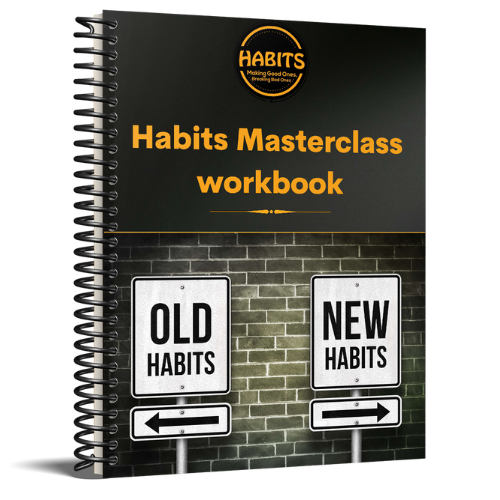A Pastor’s Thanksgiving List
It’s that time of year, where our hearts turn toward things we are thankful for. Thanksgving is far too important a habit to only do once per year. Zig Ziglar was right: “Gratitude is the healthiest of all human emotions. The more you express gratitude for what you have, the more likely you will have […]





